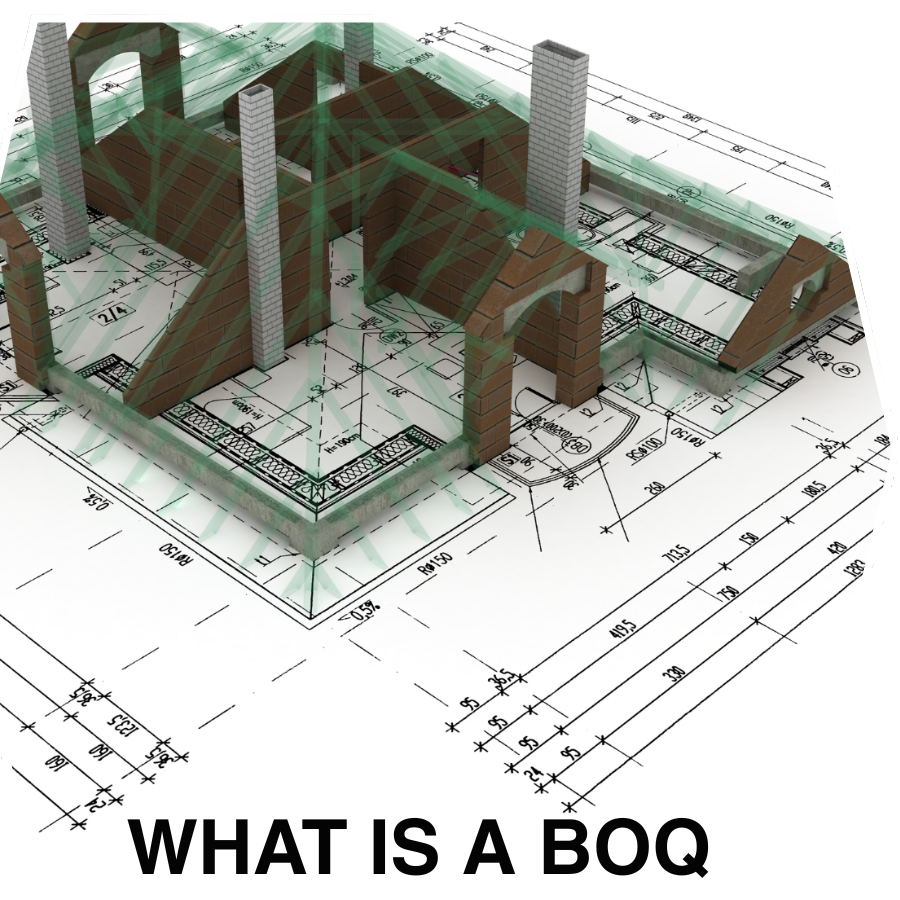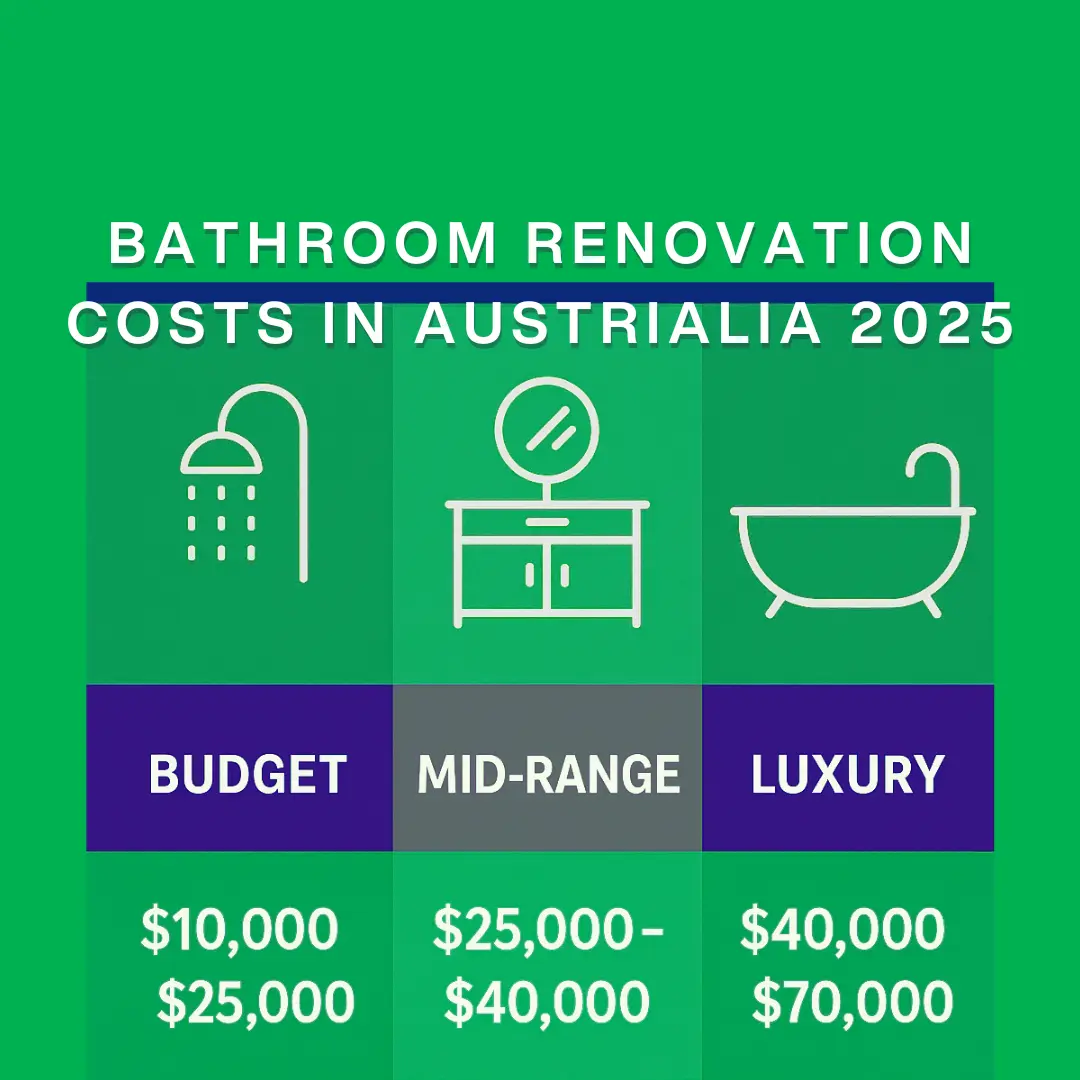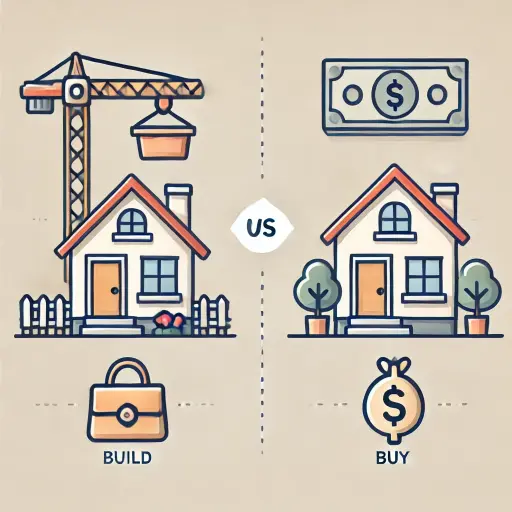Introduction
In the world of construction, choosing the right type of contract is crucial for the management and financial success of a project. Two common types of contracts are cost plus contracts and fixed price contracts. Understanding the differences between these contracts can help in selecting the most suitable option for your construction needs.
Cost Plus Contracts
Definition and Meaning: A cost plus contract involves payment to the contractor for all construction-related expenses plus an additional amount for profit, typically calculated as a percentage of the costs or a fixed fee. Cost plus contract meaning revolves around flexibility, allowing adjustments for actual cost variations, making it ideal for projects where the scope isn’t fully known initially.
Pros:
- Provides flexibility to adjust for changes and unforeseen expenses.
- Encourages transparency in cost reporting.
- Suitable for complex projects with uncertain scopes.
Cons:
- Potentially higher costs due to less incentive for the contractor to control expenses.
- Requires detailed tracking and documentation of costs, which can be labor-intensive.
Fixed Price Contracts
Definition and Characteristics: A fixed price contract, often referred to as a lump sum contract, involves setting a predetermined total project price. This type of contract is agreed upon before work begins and covers all aspects of the project scope.
Pros:
- Provides certainty in budgeting with a set price.
- Encourages contractors to be efficient, as profit depends on keeping within or under the project cost.
- Simplifies financial management for the client.
Cons:
- Less flexibility to accommodate changes made during the project, often resulting in costly change orders.
- Contractors may pad the initial estimate to cover risks, potentially leading to higher initial bids.
Managing Budget Overruns in Fixed Price Contracts
When a fixed price building contract goes over budget, it can strain client-contractor relationships and financial resources. Solutions to manage these situations include:
- Thorough Initial Planning: Ensure clear and detailed project scopes to minimize unexpected changes.
- Regular Progress Reviews: Conduct frequent project assessments to keep track of budget adherence and address issues early.
- Contingency Plans: Include contingency funds in the budget to manage unforeseen circumstances.
Conclusion
Both cost plus and fixed price contracts offer distinct advantages and challenges. The choice between them depends largely on the project’s nature, complexity, and the level of certainty in terms of scope and budget. By understanding the cost plus contract meaning and how it is often viewed as the opposite to a lump sum contract, project stakeholders can make informed decisions to drive project success.
Selecting the right contract type can influence project outcomes significantly. Consider your project needs carefully, and consult with industry professionals to ensure the contract serves your best interests.













